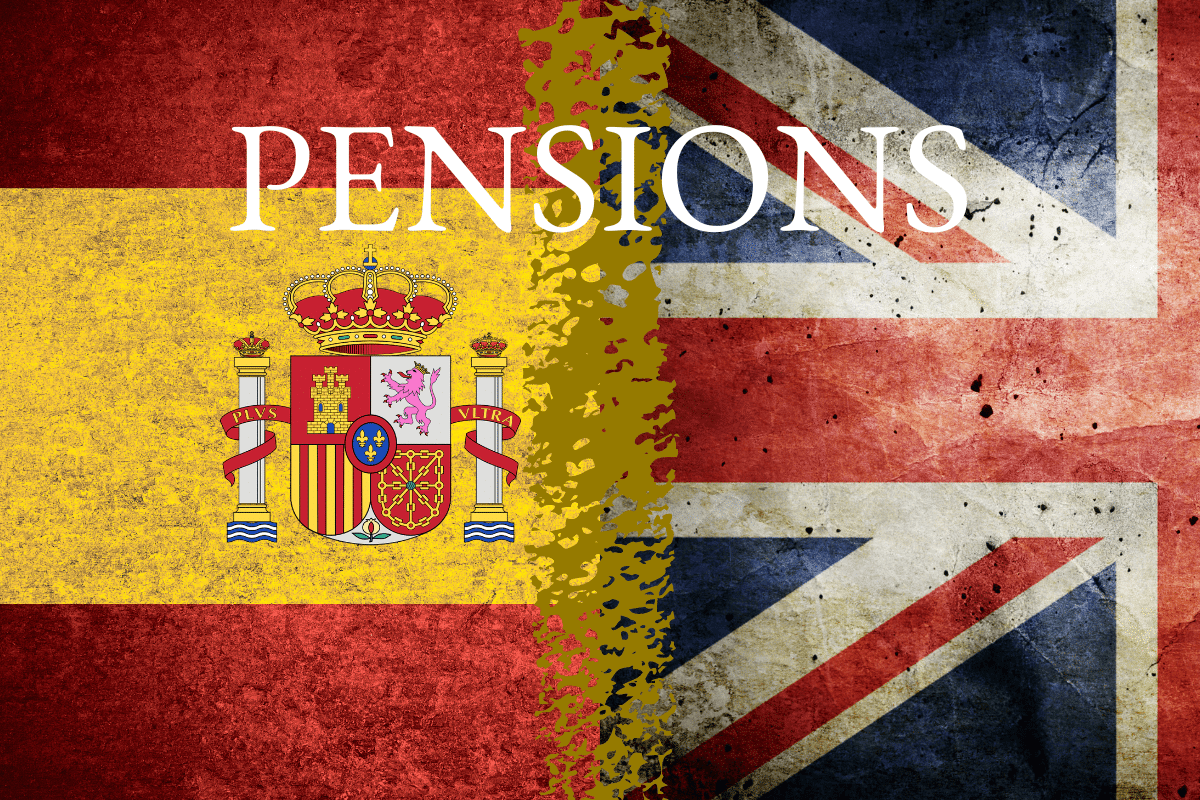If you have moved from one country to another, while it may be comparatively easy to obtain tax advice in order to help you plan your finances, it can be very difficult to find out how your State Retirement Pension will be affected, and this has become more uncertain as a result of Brexit. This article aims to shed some light on the issue
This article aims to shed some light on the issue.
I retired in the UK and moved abroad
Let’s start with something easy – if you have already retired and moved to Spain, France or another EU country, the chances are your only State Pension will be from the UK. With Brexit in mind, as long as you were legally resident in your new home country by the end of 2020, nothing will change, and you will be entitled to the annual pension uplift indefinitely.
Coupled to this is your entitlement to healthcare, in that you will have a form S1 from the UK, which ensures you benefit from full care on an ongoing basis, and which in effect will be paid for by the UK Government.
If you have already left the UK but have not yet reached formal retirement age, as long as you were ‘legal’ in your adopted home before the end of 2020, you will receive the UK State Pension at retirement age and qualify for annual increases. You will also be entitled to a form S1.
Note that, if you have not regularised your situation in your adopted home by the end of 2020, the situation is uncertain, to say the least. You will be entitled to claim the UK State Pension when you reach retirement age, but the uplifts are only due for 3 years and, most importantly, form S1 will not be available.
I left the UK 5 years ago at the age of 55 and have been self-employed in Spain for the last 5 years
Have you been making voluntary contributions to the UK scheme? Are you making contributions in Spain? If you haven’t already done so, obtain a pension forecast from HMRC – use the gov.uk website, sign up for the Government Gateway access service, and check your National Insurance Contribution records, as well as your UK tax records. You’ll have to apply to contribute, using form CF83 attached to the booklet NI38, Social Security Abroad.
You will then be told what pension you can expect at your retirement age, and you can also see how many incomplete contribution years you have. It is generally good advice to continue to make voluntary contributions after leaving the UK (currently £795.60pa), but if you are currently self-employed, you will only have to pay at the Class 2 rate, which is £158.60pa for the current year.
You’ll receive details of how to make up the shortfall, by bank transfer or cheque for past years, and by direct debit for the future if you wish to see payments taken automatically. Importantly, you can also call to obtain advice concerning whether it would be worthwhile doing this, and how additional payments will increase your pension entitlement – it might take a while to get through, especially due to the current Coronavirus lockdown, as it appears they are only dealing with those on the point of retiring, but you should find the staff helpful when you do.
Also, make sure you understand what your Spanish contributions entitle you to and try to obtain a projection of your future pension in Spain. This might prove difficult at present, with offices closed or providing limited services.







